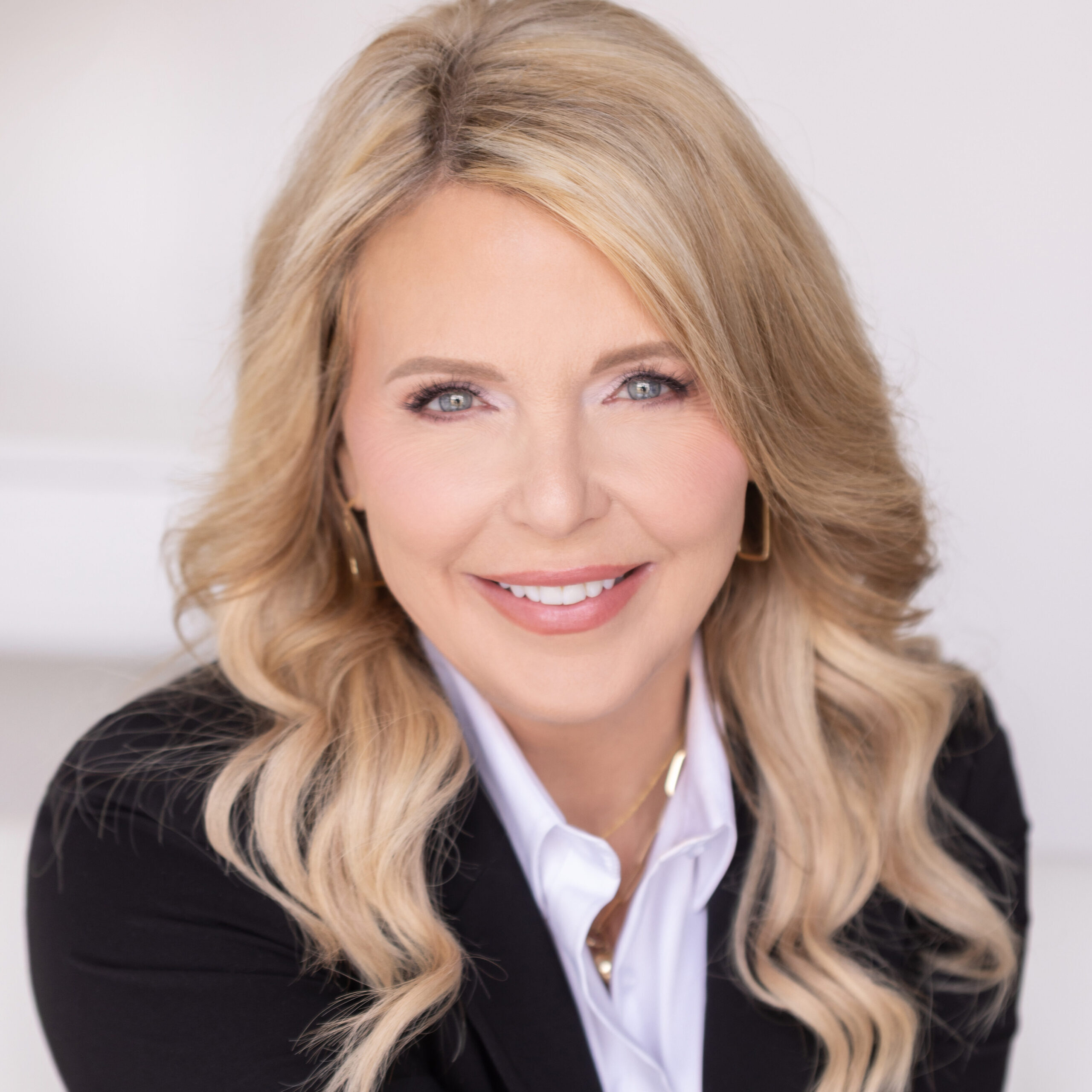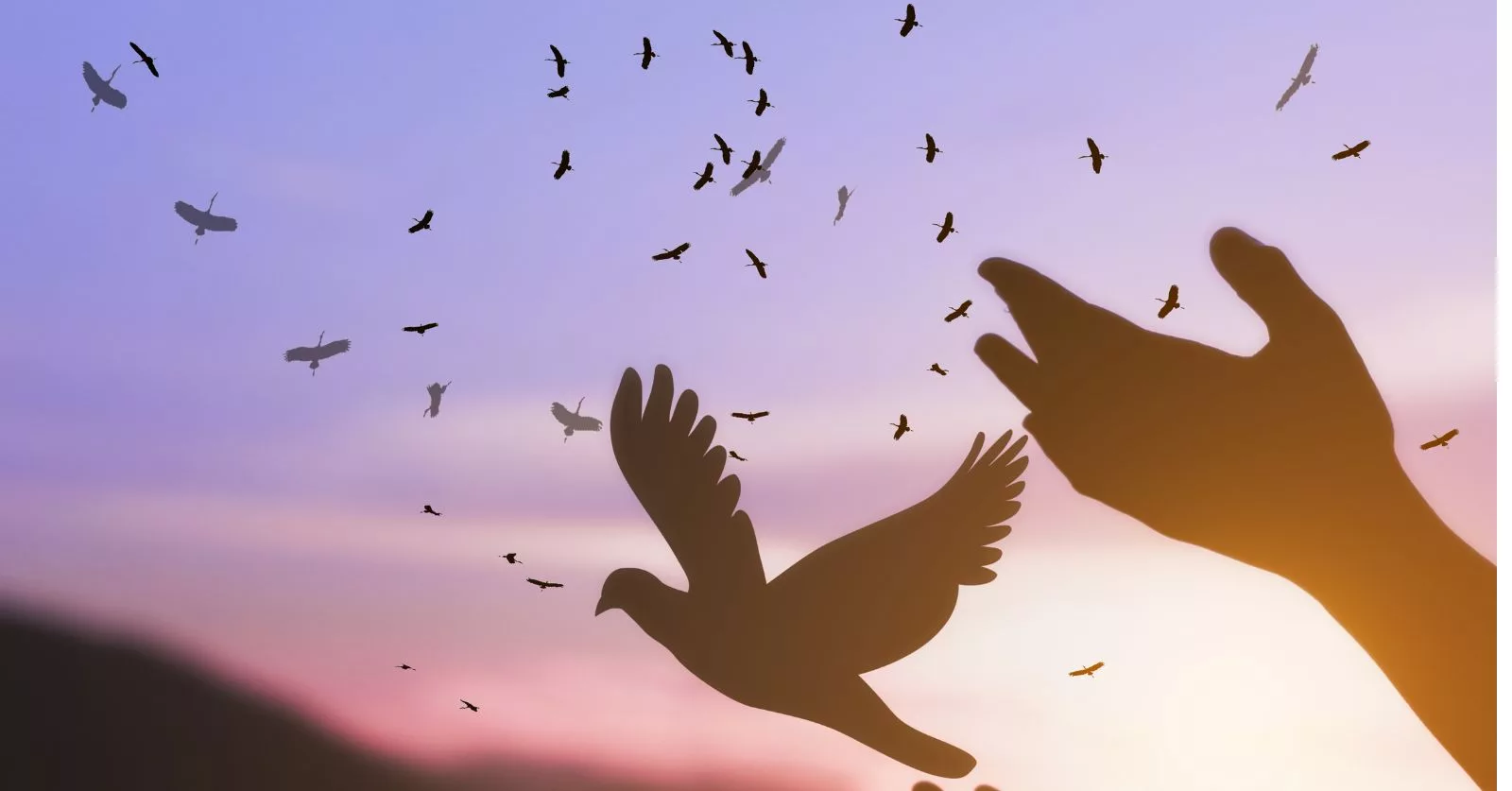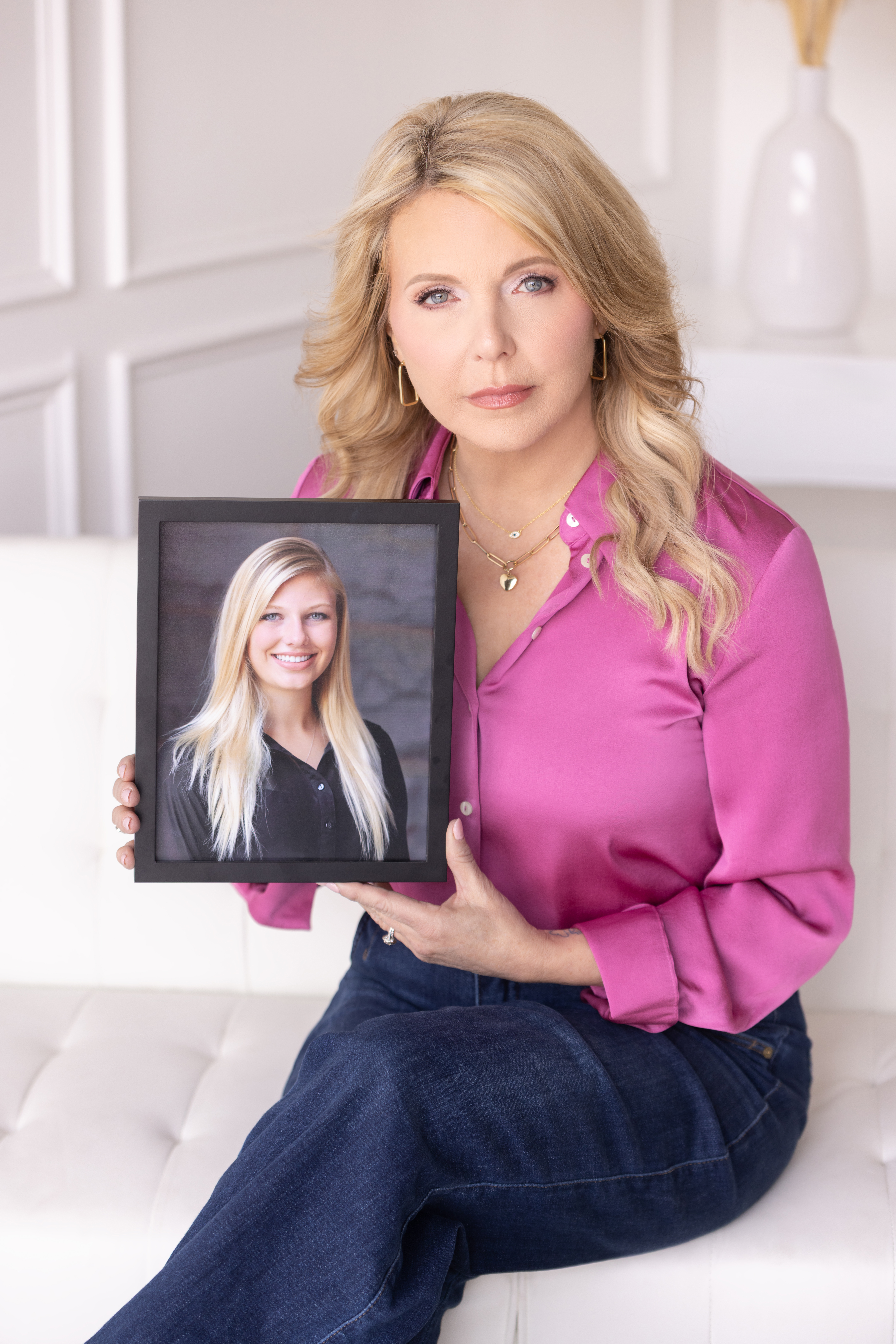“When we are no longer able to change a situation, we are challenged to change ourselves.”
Viktor Frankl
As the frozen tundra I call home comes back to life, most people’s moods begin to soar. However, spring brings with it an onslaught of emotions for me that aren’t associated with rebirth, but rather death. First, there is Emily’s birthday in March, followed by the last holiday I spent with her, Easter. Then comes Mother’s Day, the last day I saw my daughter alive, and finally, on May 16th, the anniversary of her death. March through May used to be a joyous time for me, but I accept that for now and however many years in the future I have left, springtide floods me with grief.
I’ve also discovered that while I have a few months, or even dates throughout the year that are difficult, I have experienced considerable post-traumatic growth following the loss of my child. Post-traumatic growth (PTG) theory, developed by psychologists Richard Tedeschi and Lawrence Calhoun in the mid-1990s, explains how people can experience positive growth after enduring psychological struggle following trauma. According to Tedeschi, this growth includes new self-understandings, worldviews, relationship skills, future outlooks, and better ways of living.
While I would trade in all this personal growth to have my daughter back–even for an instant–a recent session at our Emily’s Hope Support Group for people who’ve lost someone to overdose or fentanyl poisoning, made me realize just how much my life has been transformed by loss and that most of that transformation is positive.

Our group of mostly mothers has been a comforting and safe haven over the past few months. I am a participant in this inaugural group, led by licensed counselor, Katrina Yde, of Forward Counseling. I took part so that I could have a sense of what it offers those who’ve lost someone from a stigmatized death, such as an overdose. I am further along in my grief journey–nearly five years out from my daughter’s death–than many others in the group. Some of them just lost an adult child as recently as six months to one year ago. I hope I’ve been helpful to them because the early days, weeks, and months are so difficult to navigate. In return, their kindness, compassion, and empathy have helped me more than they will ever know.
During one session, Katrina prompted us to write in our journals with the question, “What are the biggest differences in your life now, from family to friendships to personal changes?”
As I reflected upon this question, I realized that in the course of five years, I have experienced so many changes. The most obvious is my recent career change six months ago when I left my long-time career as a TV journalist to focus on running Emily’s Hope and speaking across the country. I have always found meaning in my work as a reporter, but what I’m doing now is even more impactful and important with our mission to educate and save lives.
When it comes to my family, I am closer than ever to my husband and other children. I don’t let a day go by without reaching out to them and letting them know how important they are to me. My children were forced to learn so young about the impermanence of life and to present with, and for, those they love. As young adults, they are a lot more tolerant of their mother too.

When it comes to friendships, some of the changes were not of my choosing. Some people just fell away, not wanting to be around someone who was grieving. Most of those were superficial friendships anyway. Every parent I’ve spoken with who’s lost a child has also lost friends. It is certainly not easy to stick by someone who is in incredible pain. But the friends I have maintained, and the new ones I have made are richer, deeper friendships.
I have seen the most post-traumatic growth personally. I am less judgmental, more compassionate, and have much more empathy for all people. I’m a lot less willing to get caught up in silly drama or have trivial concerns. I’ve learned what really matters, and everything else is just unnecessary. I am much more focused on love and doing what is important in life to me. I worried for years about Emily and was so fearful about what would happen to her. Now that the worst has happened and I have survived, I truly have less worry and fear in my life.
Finally, during that group session, I wrote the following to my daughter:
You made me who I am today. I am a better person because of you. I love you. You were perfect, even in your imperfections. Thank you for everything you brought into my life. I wish I could see you, touch you, hold you. But I am eternally grateful you existed.
Faith, Hope & Courage,
Angela
While grief and pain are inevitable, it is important to recognize that positive transformation can also occur. Joining a support group or seeking professional counseling can be helpful in navigating the aftermath of a traumatic event and finding a path forward toward growth and healing. To sign up for our next session of the Emily’s Hope Support Group, beginning May 1st, click here.



Leave a Reply